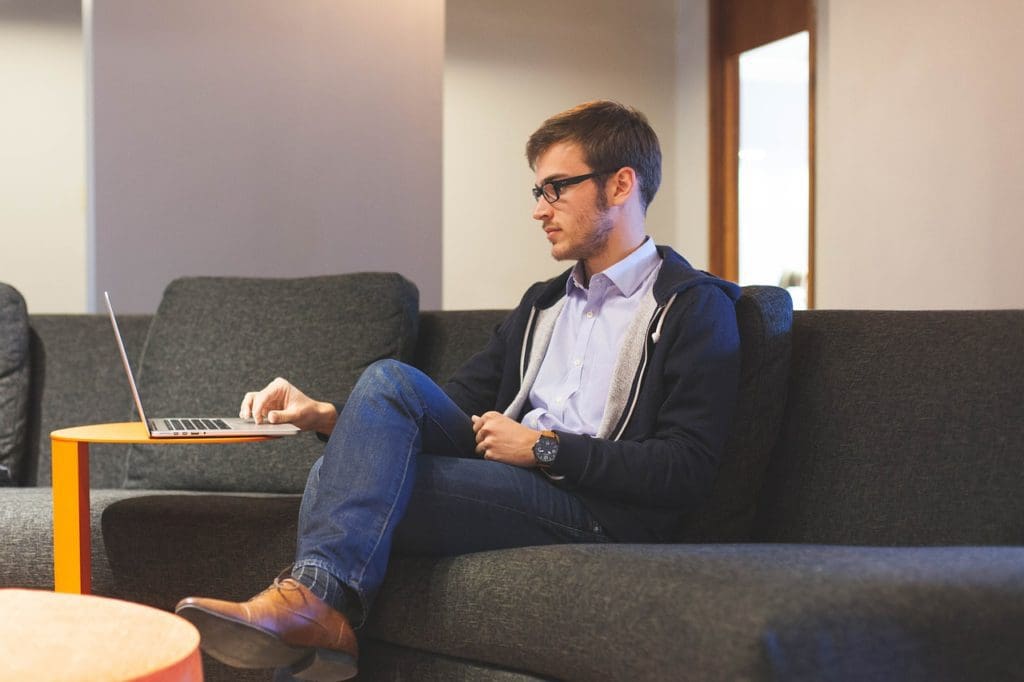 Millennials, those born 1981-1996, are responsible for about one-third of all business travel spending. Over the next decade, as Millennial business travelers come into their peak earning years, the demographic is expected to travel more and thus spend more. As Baby Boomers age out of the workforce, Millennials will become the principal group of business travelers.
Millennials, those born 1981-1996, are responsible for about one-third of all business travel spending. Over the next decade, as Millennial business travelers come into their peak earning years, the demographic is expected to travel more and thus spend more. As Baby Boomers age out of the workforce, Millennials will become the principal group of business travelers.
This premise is not lost on airlines, hotels, and savvy corporate travel managers. Travel service providers are quickly modernizing their products, and organizations are updating travel policies to adapt to Millennials’ preferences. Here are some changes we see taking place.
Millennial Impact on Airlines
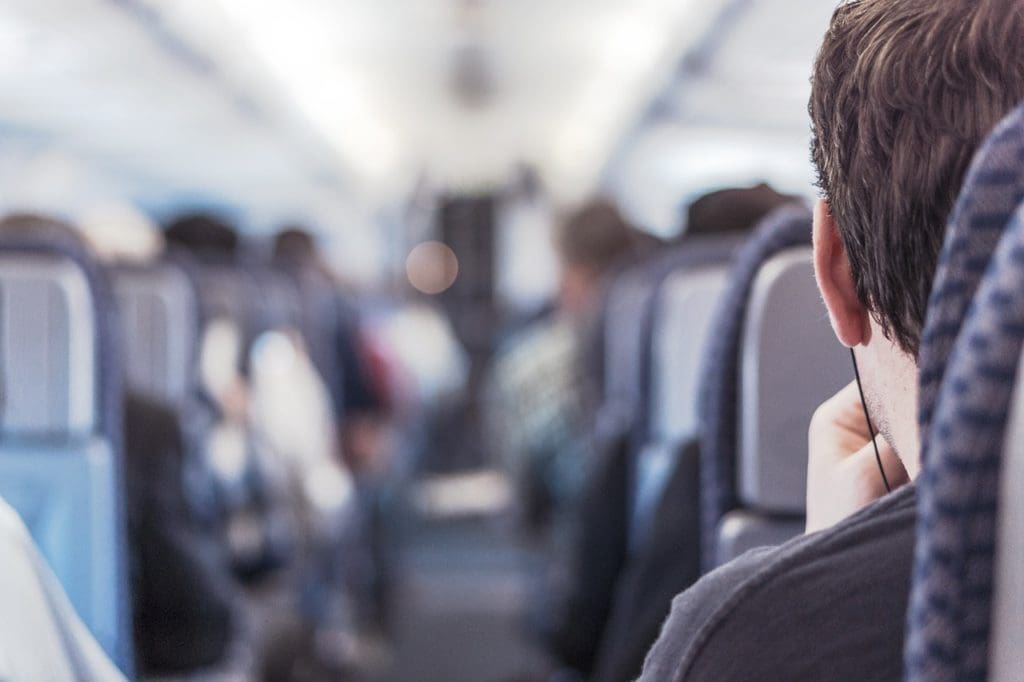 Millennials are the first generation to grow up with digital technology and they use it as a sixth sense. They expect high-speed internet connectivity everywhere – including 36,000 feet in the air. That expectation and the number of potential Millennial business travelers became a driving force behind the airlines’ steady march toward in-flight connectivity.
Millennials are the first generation to grow up with digital technology and they use it as a sixth sense. They expect high-speed internet connectivity everywhere – including 36,000 feet in the air. That expectation and the number of potential Millennial business travelers became a driving force behind the airlines’ steady march toward in-flight connectivity.
A Boston Consulting Group report said millennial business travelers are four times more likely than older passengers to pay for Wi-Fi and 60 percent more likely to watch in-flight entertainment. They are also 60 percent more likely to pay for extra legroom and are far more open than older passengers to paying for roomier seats. (Bloomberg) Guess what? The airlines happily gave us the option to pay for those amenities.
Millennials also seem to be more influenced by price than brand loyalty. They are less likely to join frequent flier clubs than older travelers. As a result, airline loyalty programs began moving from frequent flier miles toward credit card points.
Millennial Business Travelers Influence on Hotels
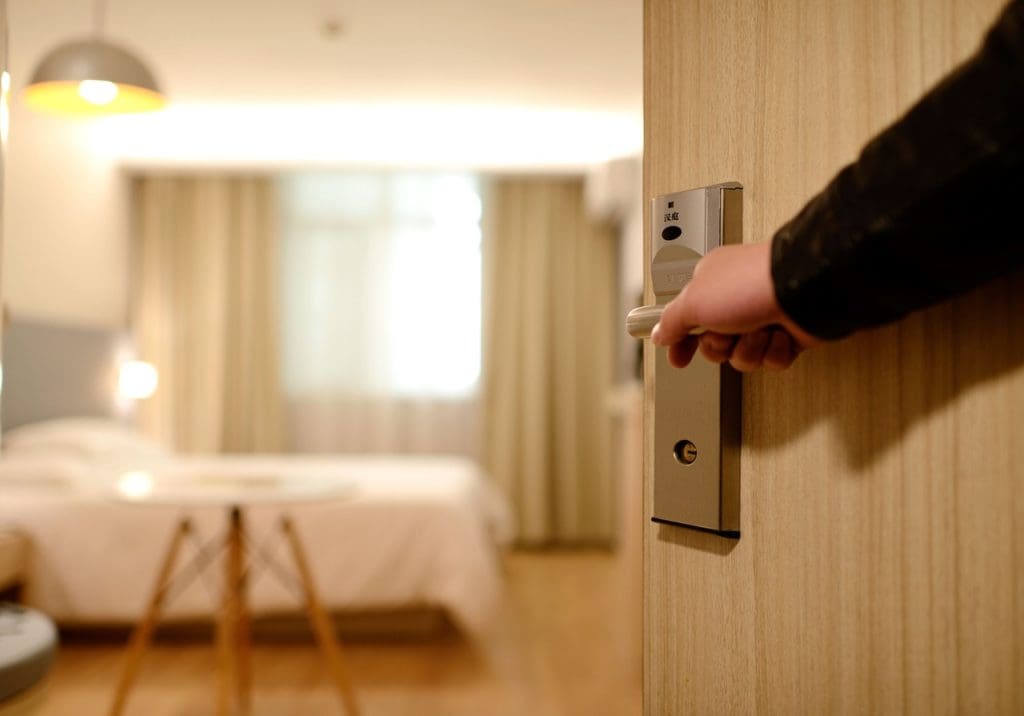 Hotels have arguably been the most responsive to the Millennial lifestyle. Hotel brands are proactively making changes to their properties in an effort to make them hip and attractive to Millennials. Again, fast and instantaneous internet connectivity is an expectation of this digital generation. Smart hotels were early adopters of free high-speed Wi-Fi and installed plenty of USB and power outlets in the guest rooms. Many chains now offer mobile check-in, digital room keys, in-room iPhone docks, and Alexa digital assistants.
Hotels have arguably been the most responsive to the Millennial lifestyle. Hotel brands are proactively making changes to their properties in an effort to make them hip and attractive to Millennials. Again, fast and instantaneous internet connectivity is an expectation of this digital generation. Smart hotels were early adopters of free high-speed Wi-Fi and installed plenty of USB and power outlets in the guest rooms. Many chains now offer mobile check-in, digital room keys, in-room iPhone docks, and Alexa digital assistants.
Millennial business travelers also value the ability to connect with others. Hotels responded by revamping reclusive business center cubbies and sterile conference rooms into collaborative workspaces that foster creativity among colleagues. Lobbies with ping pong tables, casual seating niches and rooftop happy hours offer places for socialization and relaxation.
You’ve heard location is the most important feature of real estate and Millennials agree. A hotel in a fashionable neighborhood, with walkability or having shuttle service to local points of interest will win a Millennial business traveler’s reservation over one without those features.
Hotels also respond to Millennials’ focus on health by offering fitness options like in-room equipment or access to a local gym, as well as healthy grab-and-go food choices.
Updates to Corporate Travel Policies
 Unlike many of their older colleagues who were solo road warriors, 58 percent of Millennial business travelers make trips with companions. They might travel with coworkers collaborating on a project or take a family member along for destination exploration and fun after-work. The blending of business and leisure travel, aka “bleisure” is becoming more prevalent with Millennial business travelers, stemming from their pursuit of work-life balance. Bleisure allows both personal and professional growth, so many organizations address this trend in their travel policies.
Unlike many of their older colleagues who were solo road warriors, 58 percent of Millennial business travelers make trips with companions. They might travel with coworkers collaborating on a project or take a family member along for destination exploration and fun after-work. The blending of business and leisure travel, aka “bleisure” is becoming more prevalent with Millennial business travelers, stemming from their pursuit of work-life balance. Bleisure allows both personal and professional growth, so many organizations address this trend in their travel policies.
Security is also important to Millennials as evidenced by the fact that nearly half purchase trip insurance and 29 percent cancel trips due to security concerns. (Business Traveller) In addition, 40 percent of Millennial business travelers are female and in a recent poll by GBTA, four out of five U.S. women business travelers said they experienced a safety issue in the last year. Given an organization’s duty of care for its travelers, this alarming statistic calls for companies to review the resources and support offered to their travelers.
The Millennial generation travels in different ways than other age groups – technologically, socially, and economically. Their numbers will become the bulk of business travelers over the next decade and forward-thinking travel providers and employers are making changes that will accommodate the Millennial style.
For a review of your corporate travel policy, contact your Covington Account Manager.

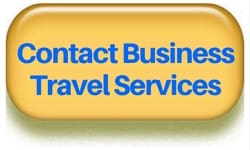
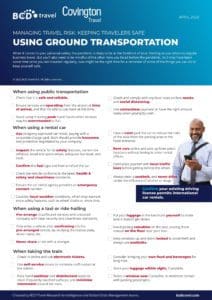
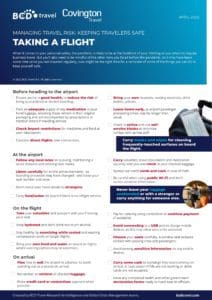
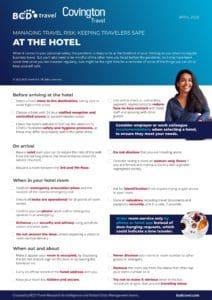
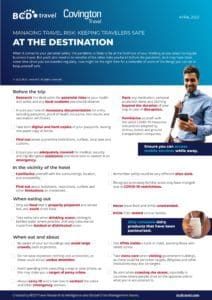
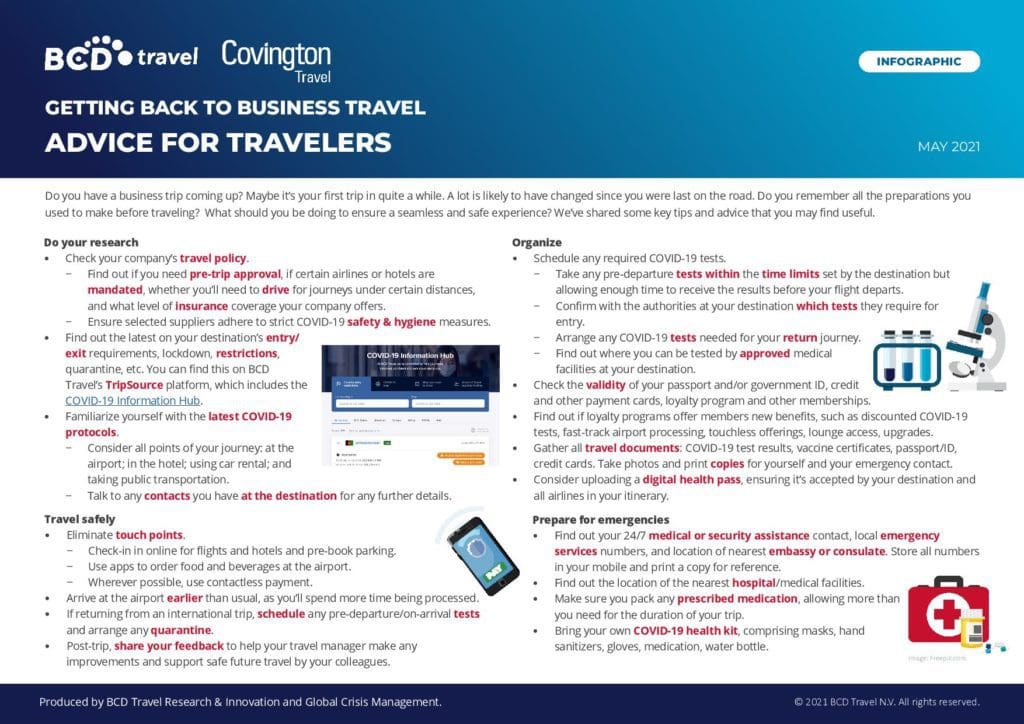
Leave a Reply